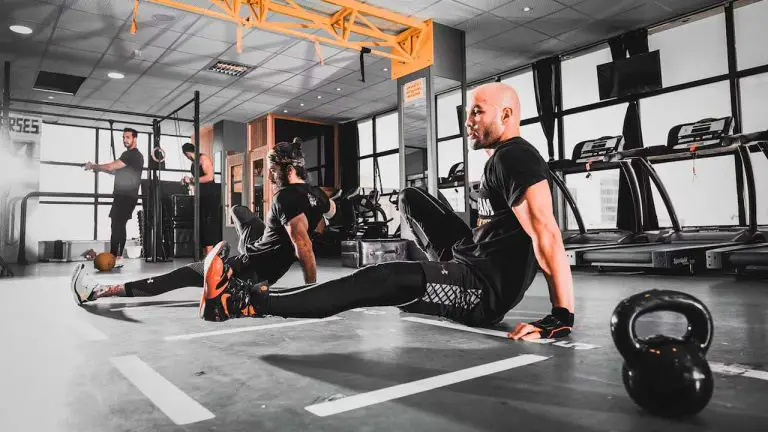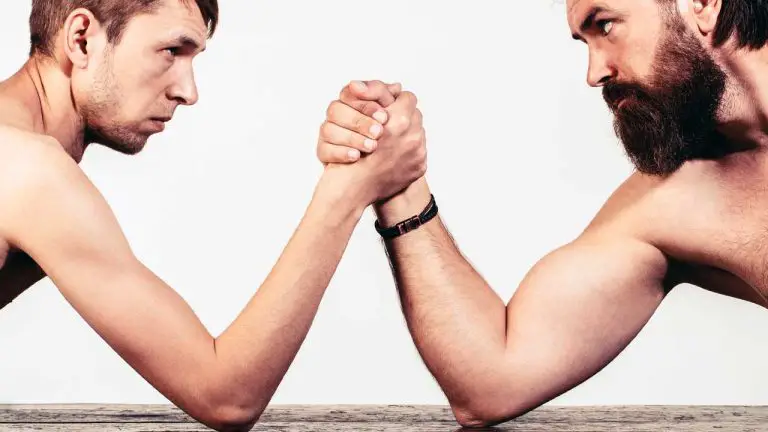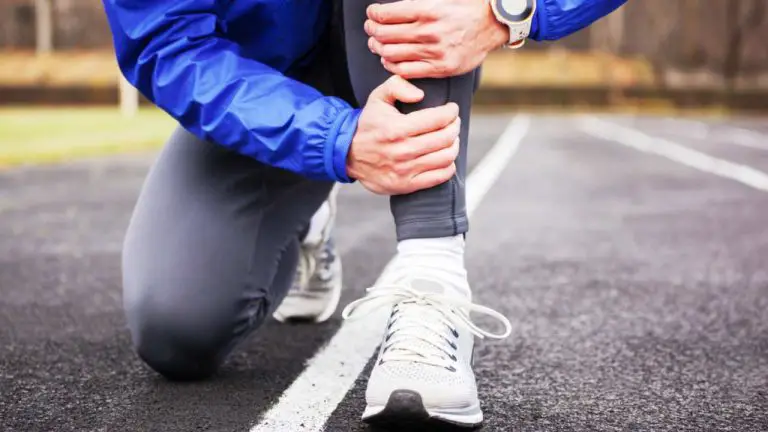Why Do My Knees Swell After Running? Understanding the Causes and Solutions
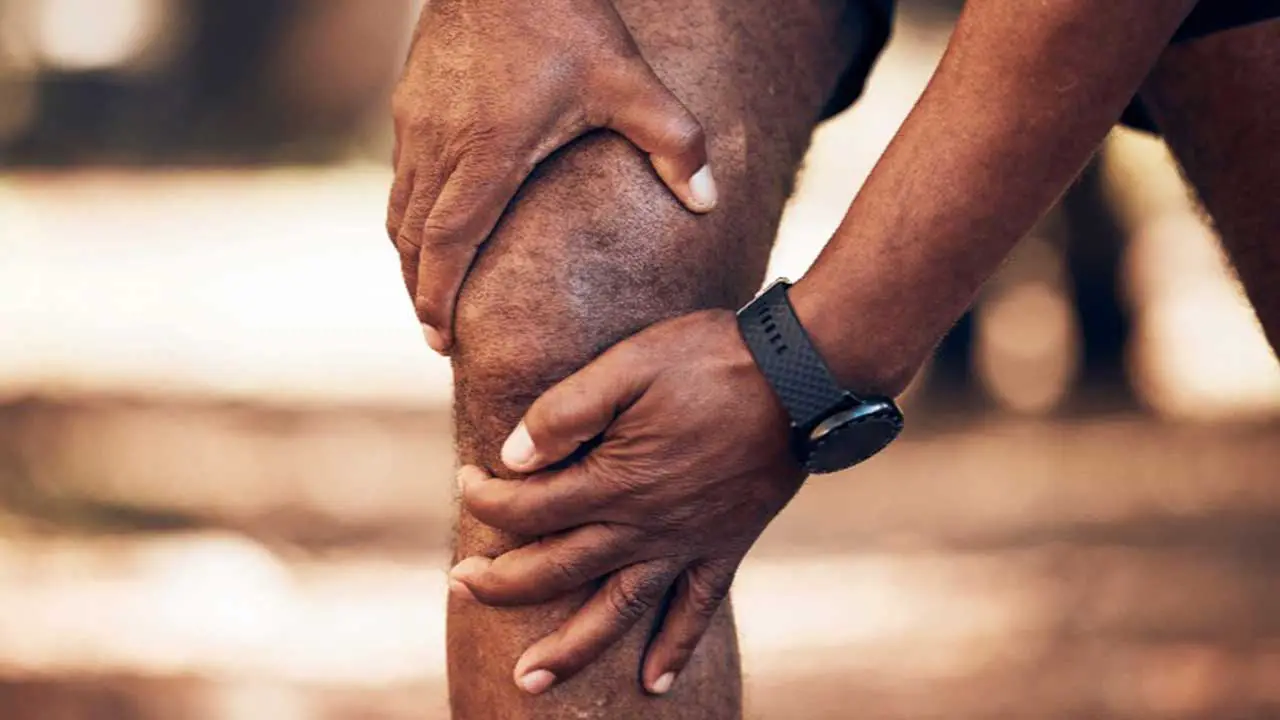
ListedFit is reader-supported. When you buy through links on our site, we may earn a small commission.
If you’re an avid runner, you may have experienced knee swelling at some point. While running isn’t detrimental to the knees on a long-term basis, knee swelling is not normal and should be investigated further.
It’s important to determine if the swelling is acute or chronic to figure out the underlying cause.
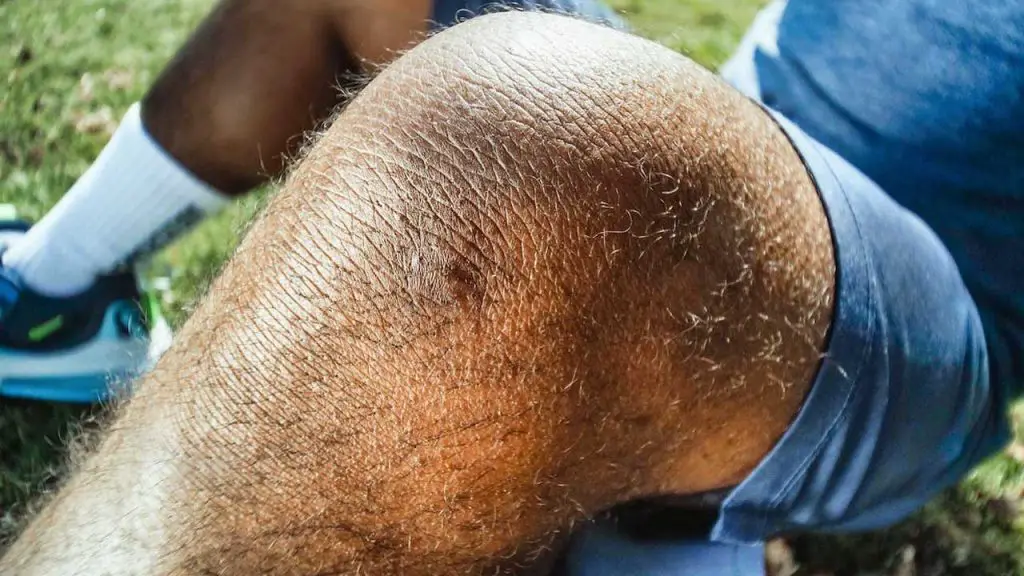
Quick Summary
Acute swelling occurs shortly after running, while chronic swelling is a longer-term issue. To properly diagnose the cause of the swelling, your doctor may recommend an MRI or other tests.
In this article, we’ll explore the causes of acute and chronic knee swelling and provide tips on how to fix and prevent it.
Key Takeaways
- Knee swelling is not normal and should be investigated further.
- Acute and chronic swelling have different underlying causes.
- Proper diagnosis and treatment can help fix and prevent knee swelling.
In This Article…
Acute Swelling of the Knee
If you notice swelling in your knee soon after an activity (within about four hours), it may be a sign of bleeding within the knee or hemarthrosis. This type of swelling is suspicious of serious structural damage and indicates that something has been torn or broken. Typically, a specific injury occurs, usually involving twisting or cutting, hyperextension, or a direct blow to the knee. You may hear a pop or crack, and instability may be present. Pain is often immediate, and you may not be able to bear weight through the knee.
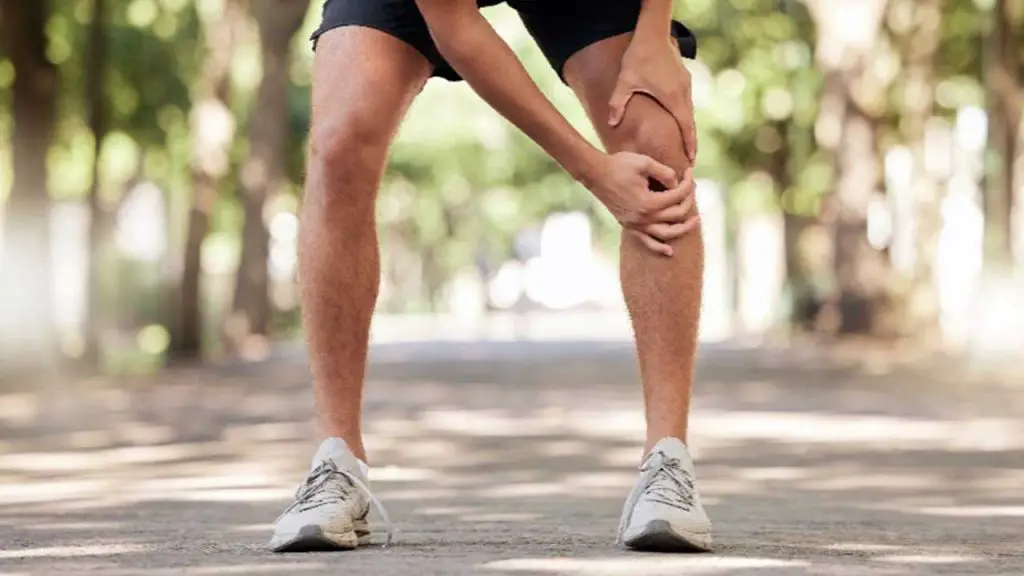
Acute knee injuries can happen due to various reasons. For example, you may twist your knee while trail running, trip and land on your patella (kneecap) while running on concrete, or hit the outside of your knee on the ground during a bike crash. The most commonly damaged ligament in acute sports injuries involving knee effusion is the ACL. Ligament injuries can range in severity from sprains involving some stretching to partial tears to complete disruptions. Other possible acute injuries include meniscus tears and patellar dislocations or fractures.
Acute swelling can also occur outside of the knee joint, but within the prepatellar bursa, a fluid-filled sac that sits on top of the kneecap, as the result of a blow to the front of the knee. If you experience acute swelling, it is essential to seek medical attention immediately. The doctor may recommend an X-ray or MRI to determine the extent of the injury. Treatment may include rest, ice, compression, and elevation of the knee, as well as physical therapy or surgery, depending on the severity of the injury.
Chronic Swelling of the Knee
If you are experiencing chronic swelling of the knee, it may be caused by excess synovial fluid in the joint. This can occur due to overuse or underlying chronic degenerative conditions. Osteoarthritis (OA) is the most common joint problem in the UK, and it can cause the articular cartilage to wear away. This can lead to pain and inflammation as bones rub together more closely. Knee OA can occur in the joint between the femur and tibia, and/or in the patellofemoral joint between the kneecap and the underlying femur.
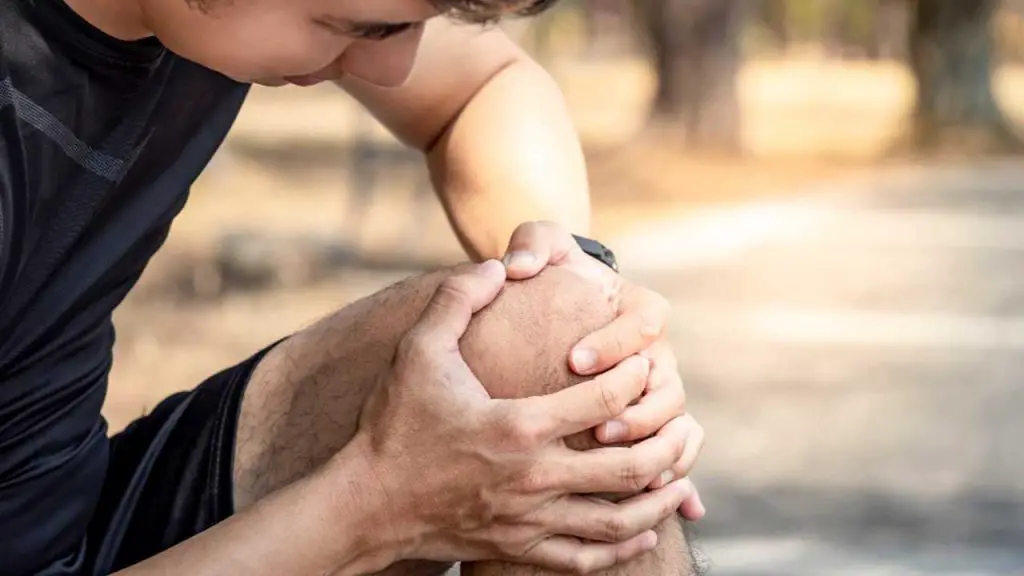
Meniscus tears are another common underlying pathology that may lead to chronic knee effusion. These can occur with an acute injury, especially in younger athletes, but they can also be a result of chronic wear and tear over time, particularly in masters athletes. The meniscus acts as a joint stabilizer and shock absorber, so damage or prior surgery to remove a tear compromises the knee and contributes to the development of OA.
Chronic joint conditions may cause swelling in the back of the knee, known as a Baker’s cyst. Prepatellar bursitis can also occur as a chronic condition, particularly in individuals who frequently kneel.
If you are experiencing chronic swelling of the knee, it is important to consult with a healthcare professional to determine the underlying cause. Treatment may involve medications, physical therapy, or surgery, depending on the severity and cause of the swelling.
How to Fix Your Swollen Knee
See a Doctor
If you have a swollen knee, it is important to see a doctor. A physician can help determine the cause of the swelling through physical examination, fluid analysis, or imaging tests such as MRIs or X-rays. This is especially important if the swelling is sudden or accompanied by fever, which can indicate septic arthritis. Other medical causes of knee joint swelling include gout or pseudogout, inflammatory arthritis, systemic diseases such as Lyme disease, cysts, or tumors. Proper diagnosis is important to determine if the issue is purely a localized, mechanical joint problem, or a symptom of an underlying systemic issue. Serious orthopedic issues that involve structural damage need to be promptly diagnosed and treated, sometimes surgically. Chronic issues such as osteoarthritis may also benefit from medical intervention, including hyaluronic acid injections that help to lubricate the knee.
Employ Dynamic Rest
Even if the swelling comes without pain, avoid loading the knee until the swelling subsides. Trade knee-loading exercises for upper-body and core work. Gentle range of motion and isometric (muscle setting) exercises can help with swelling and pain associated with less severe injuries, but only after an accurate diagnosis, as movement may be contraindicated with some ligament injuries. In those cases, immobilization may be necessary.
Ice It
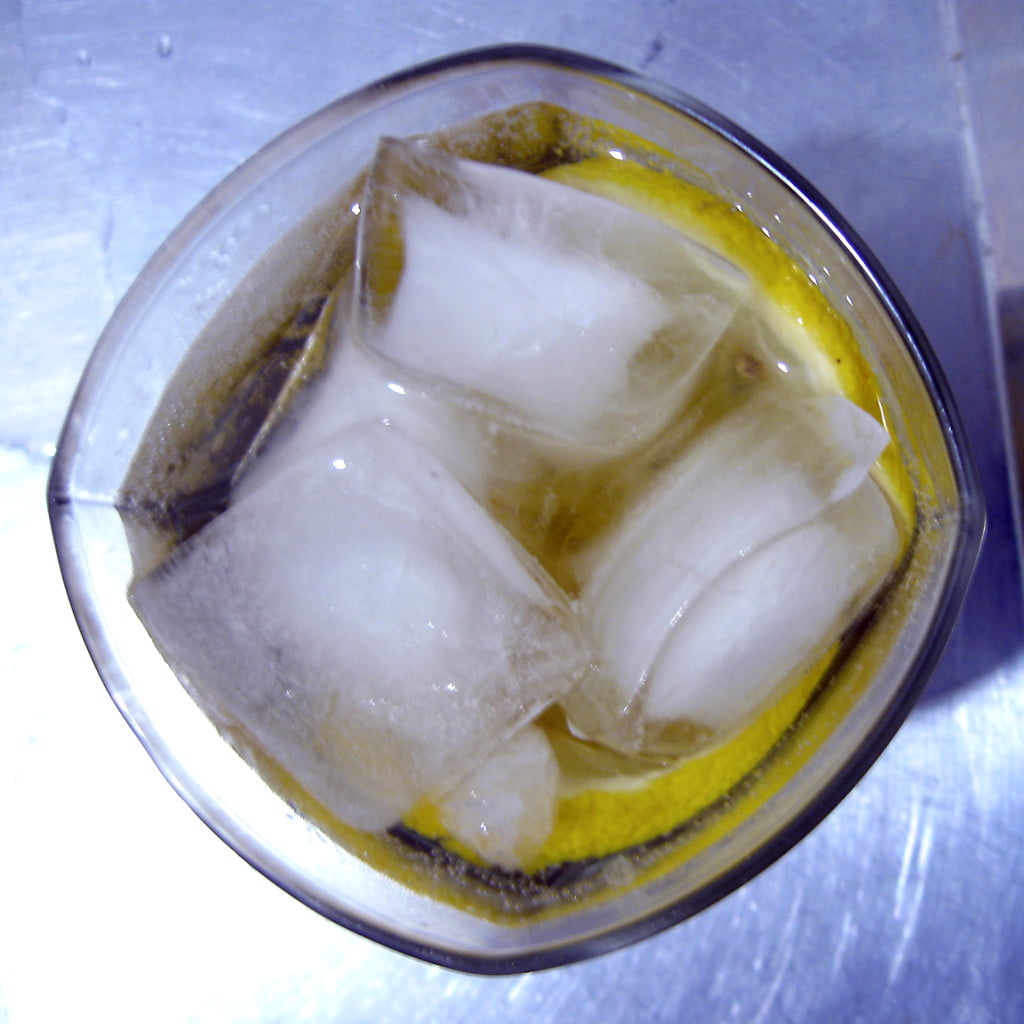
Applying ice to the swollen area for 15 minutes 4-6 times a day for the first two days can help reduce swelling. Elevating the knee as you ice it can also help reduce the swelling. Compression with an elastic bandage or brace may also be helpful. Research has suggested that intermittent pneumatic compression treatment improves swelling and clinical outcomes in knee osteoarthritis patients. If the swelling is caused by inflammation, anti-inflammatory medications may be recommended. Heat therapy may also be used to help reduce swelling, but only after the initial swelling has subsided.
How to Prevent Your Knee From Swelling
Strengthen Your Legs
To protect your knees from swelling, you need to have strong legs. Besides running and biking, you should include regular lower-body strength training in your workout routine. Strengthening exercises cannot fix any underlying structural problems in your knee, but they can help absorb force and redistribute loads to reduce overall stress on the joint, and prevent acute injuries.
Exercise is highly recommended as a treatment for knee OA as it has been shown to decrease pain and improve function. Sports that involve cutting, pivoting, and jumping put athletes at higher risk of ACL tears than straight endurance sports. Faulty mechanics that result in dynamic knee valgus (where the knee collapses in) are a risk factor for this injury. Specific strength, balance, and proprioception programs to address this can help decrease the risk of any knee injury, especially ACL tears.
Lower body strength work has numerous benefits, helping your knees to add to the list. Here are some tips to strengthen your legs and prevent knee swelling:
- Warm up before exercising to increase blood flow and flexibility.
- Stretching is important for flexibility and preventing injuries.
- Wear proper running shoes and consider using shoe inserts for additional support.
- Focus on strengthening exercises for your quadriceps, hamstrings, and calves.
- Incorporate balance exercises to improve your stability and reduce the risk of falls.
By following these tips, you can strengthen your legs and prevent knee swelling, reducing your risk of knee injuries.
Frequently Asked Questions
Why do your knees swell after running?
Knee swelling after running can be caused by various factors such as overuse, injury, or underlying medical conditions.
When you run, your knee joint experiences repetitive impact and stress, which can lead to inflammation and swelling.
Additionally, running can cause micro-tears in the muscles and tissues around your knee, which can also trigger swelling.
Is it normal to have swollen knees after running?
It is not uncommon to experience some degree of knee swelling after running, especially if you are new to running or have increased your training intensity.
However, if the swelling is severe, persistent, or accompanied by other symptoms such as pain, stiffness, or reduced mobility, it is important to seek medical attention.
How can you prevent knee swelling after running?
To prevent knee swelling after running, it is important to gradually increase your training intensity and duration, wear proper footwear, and maintain a healthy body weight.
Additionally, stretching and strengthening exercises can help improve the flexibility and stability of your knee joint, reducing the risk of injury and inflammation.
What is the best way to reduce swelling in your knees after running?
To reduce swelling in your knees after running, you can try the following:
* Rest and elevate your legs to improve blood circulation and reduce fluid buildup.
* Apply ice or a cold compress to the affected area for 15-20 minutes at a time, several times a day.
* Wear compression stockings or sleeves to improve blood flow and reduce swelling.
* Take over-the-counter anti-inflammatory medication such as ibuprofen or aspirin, as directed by your doctor.
How can you quickly reduce swelling in your knee?
To quickly reduce swelling in your knee, you can try the following:
* Apply ice or a cold compress to the affected area for 15-20 minutes at a time, several times a day.
* Take over-the-counter anti-inflammatory medication such as ibuprofen or aspirin, as directed by your doctor.
* Try gentle exercises such as walking or cycling to improve blood flow and reduce stiffness.
What is the treatment for swollen knees after running?
The treatment for swollen knees after running depends on the underlying cause and severity of the swelling.
In mild cases, rest, ice, compression, and elevation (RICE) may be sufficient to reduce swelling and promote healing.
However, if the swelling is severe or caused by an underlying medical condition, your doctor may recommend further tests, medication, physical therapy, or surgery.
Author
-
Stuart Patrick is a health and fitness lifestyle journalist who writes for ListedFit.com.
“I've spent a lot of time trying to get in shape and change my body and I realised there are so many untruths in the health and fitness industry that can slow down or stop your progress, so I share my knowledge and experience to help others to cut through the BS.”
Latest entries
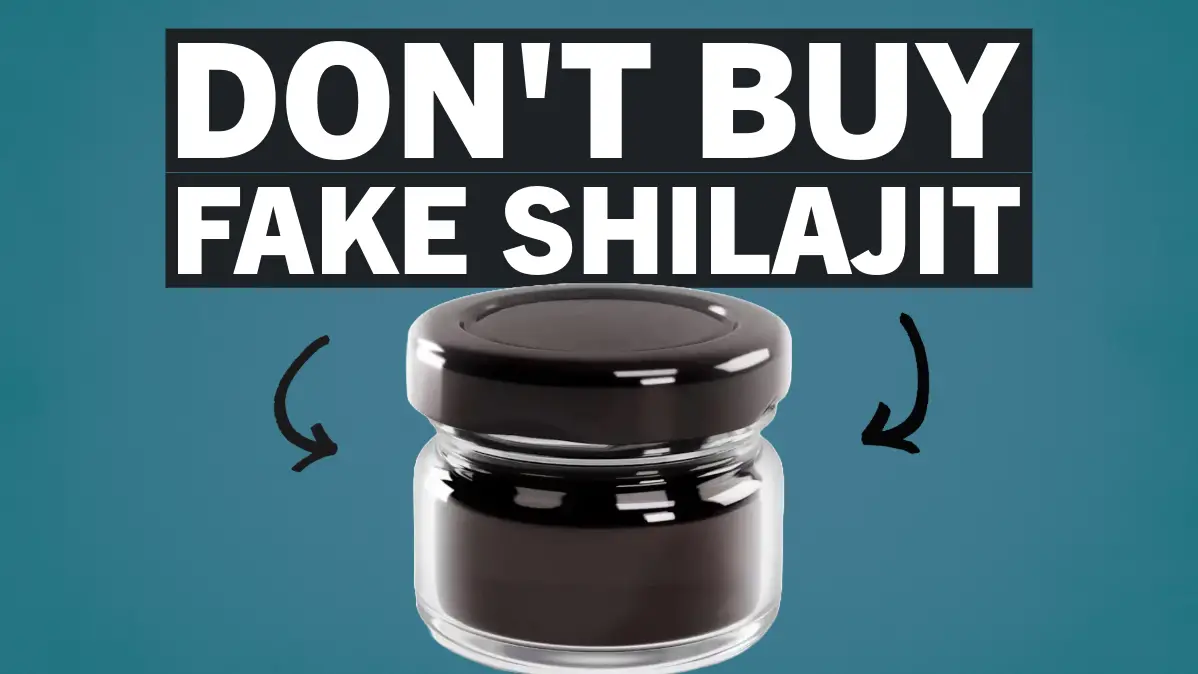 NutritionJune 5, 2024Shilajit Products
NutritionJune 5, 2024Shilajit Products FitnessMay 14, 2024Donate Blood
FitnessMay 14, 2024Donate Blood GearApril 6, 2024HOKA Kawana 2 Review – Are These The Best HOKA Gym Shoes?
GearApril 6, 2024HOKA Kawana 2 Review – Are These The Best HOKA Gym Shoes?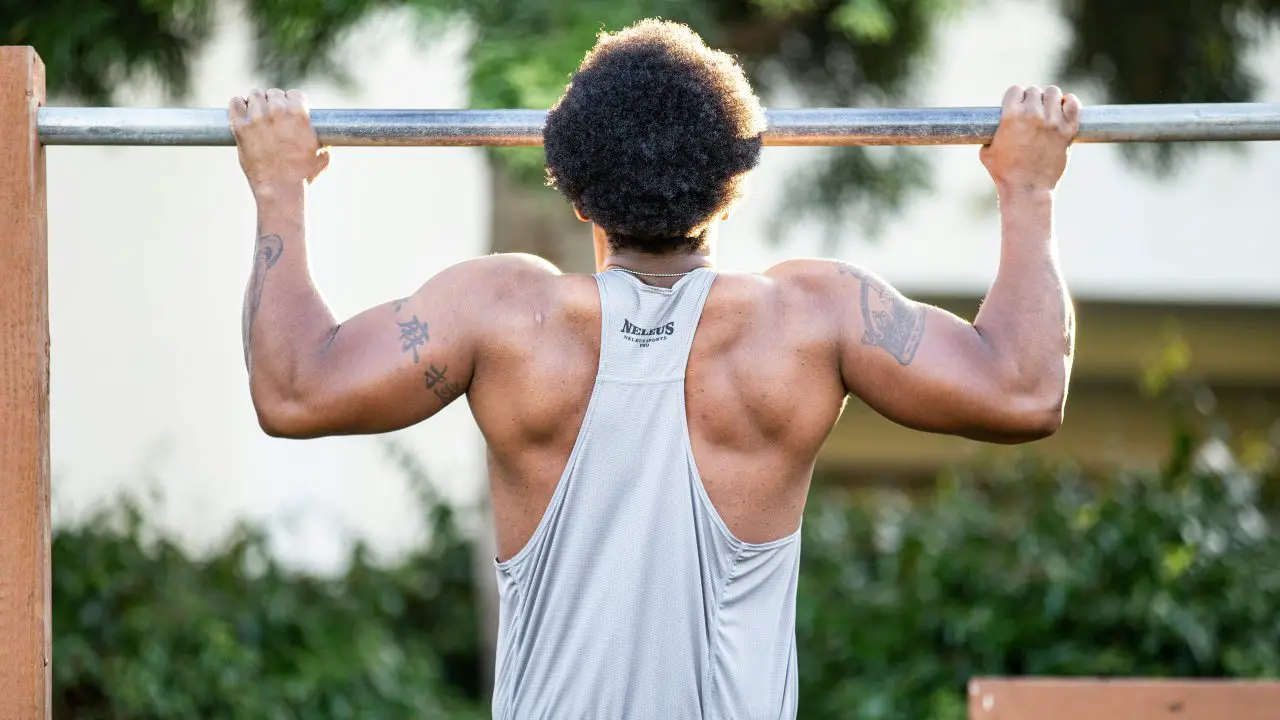 CrossFitApril 4, 2024How Many Pull-Ups Should I Do Daily? Let’s Figure it Out…
CrossFitApril 4, 2024How Many Pull-Ups Should I Do Daily? Let’s Figure it Out…
Affiliates:
This post may contain affiliate links that at no additional cost to you, the site may earn a small commission. We only recommend products we would use ourselves and all opinions expressed on this site are our own.
General Advice:
The information provided in this article is for general informational purposes only. It is not intended as a substitute for professional advice. Always consult with a qualified healthcare professional before starting any new diet, exercise program, or making changes to your health routine.
Accuracy Advice:
While we strive to provide up-to-date and accurate information, the content in this article may not reflect the most current research or medical guidelines. We encourage readers to do further research and consult with professionals for more personalized advice.
Our Recommendations:
The products and services mentioned in any of our articles are recommended based on our independent research and personal experience. We are not sponsored by any company. We aim to suggest products and services we believe are of high quality and could be beneficial to our readers.


